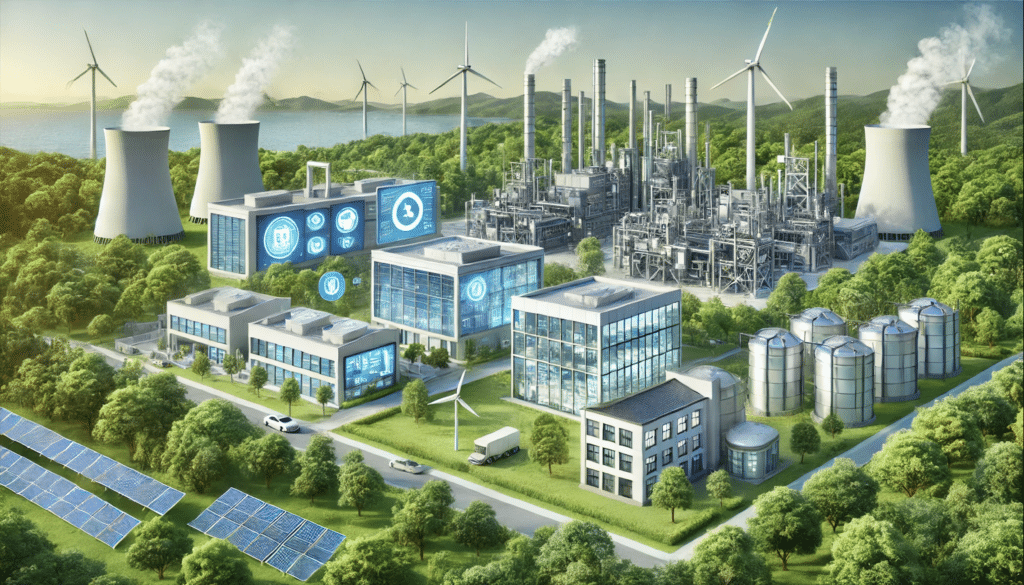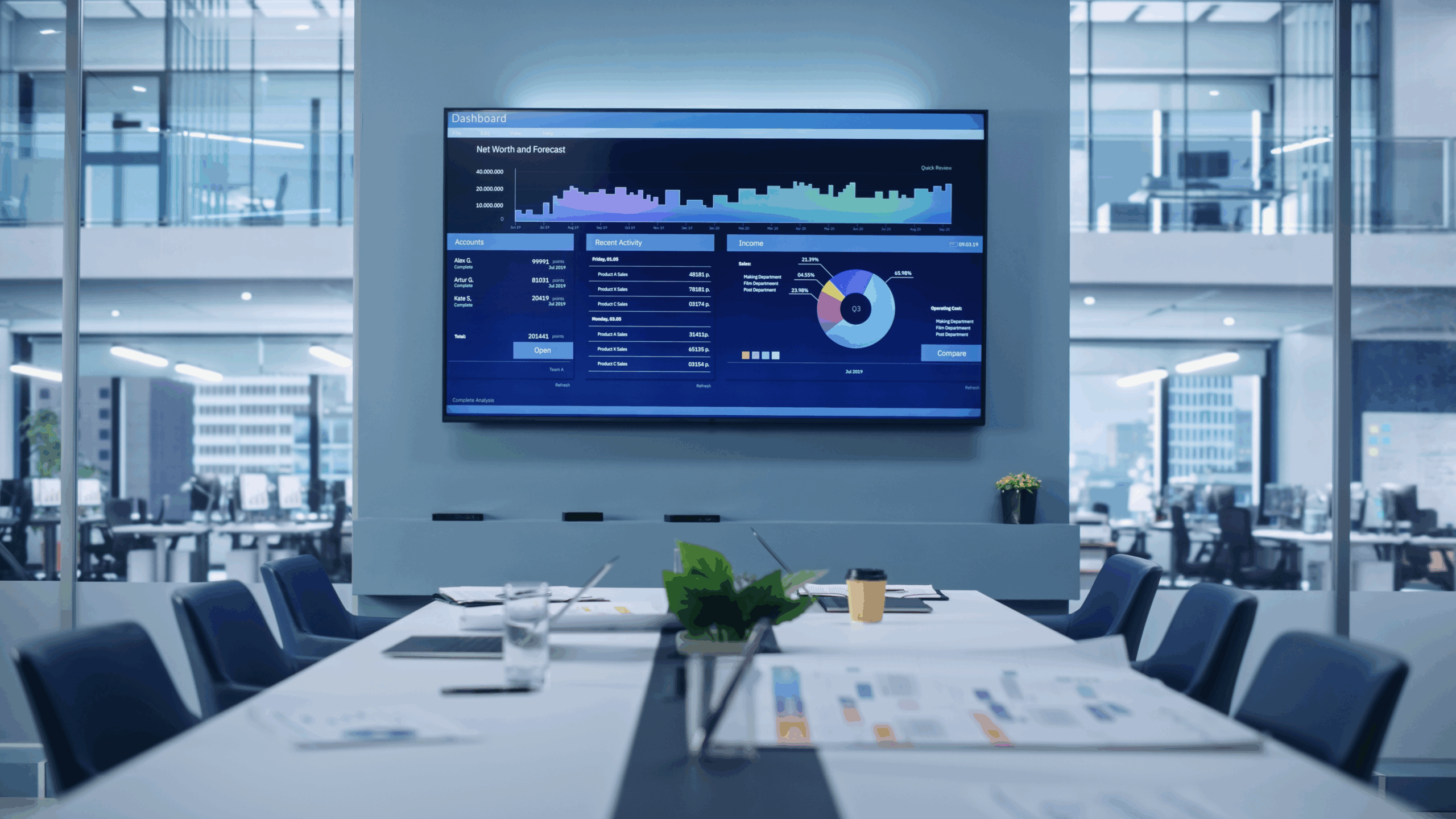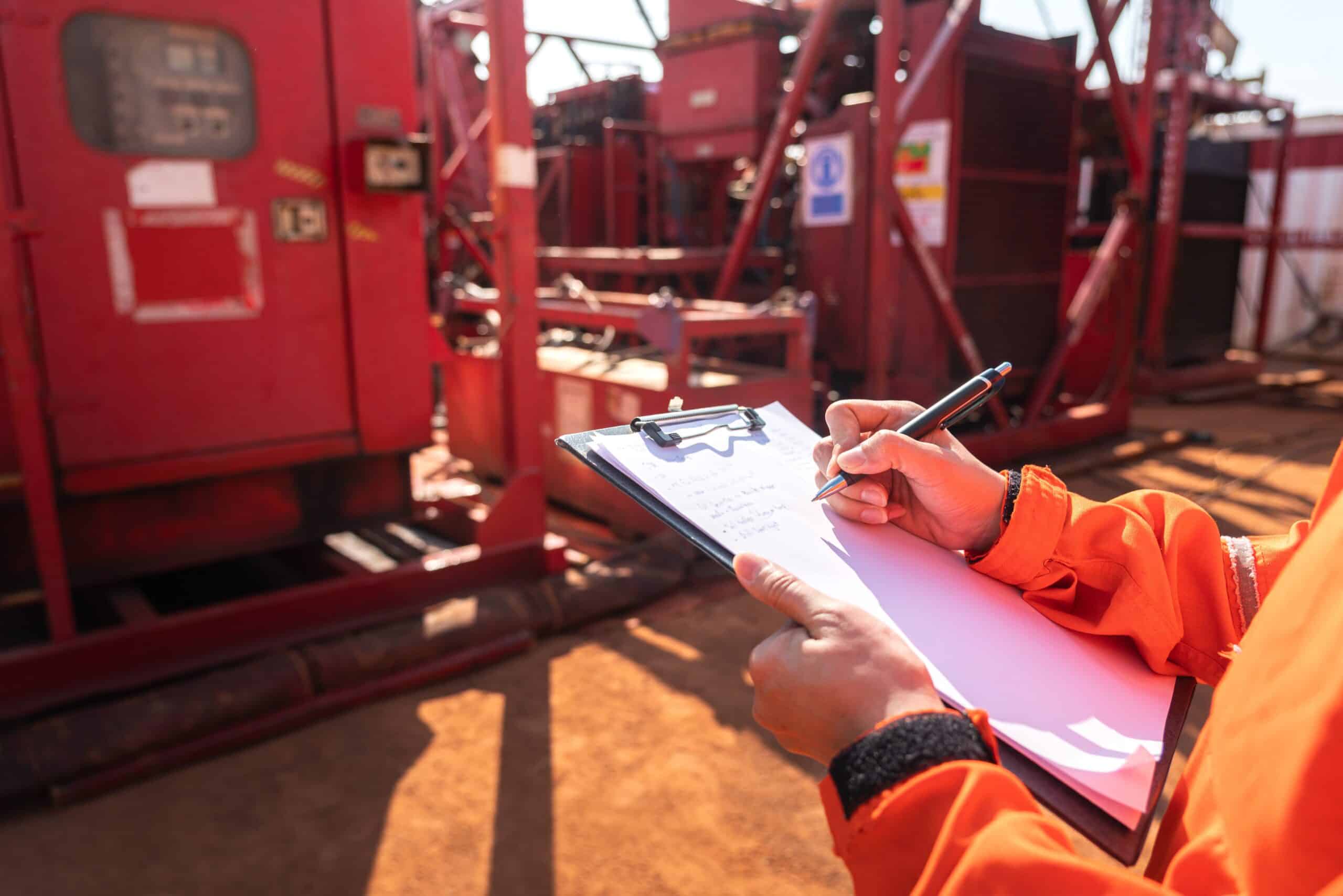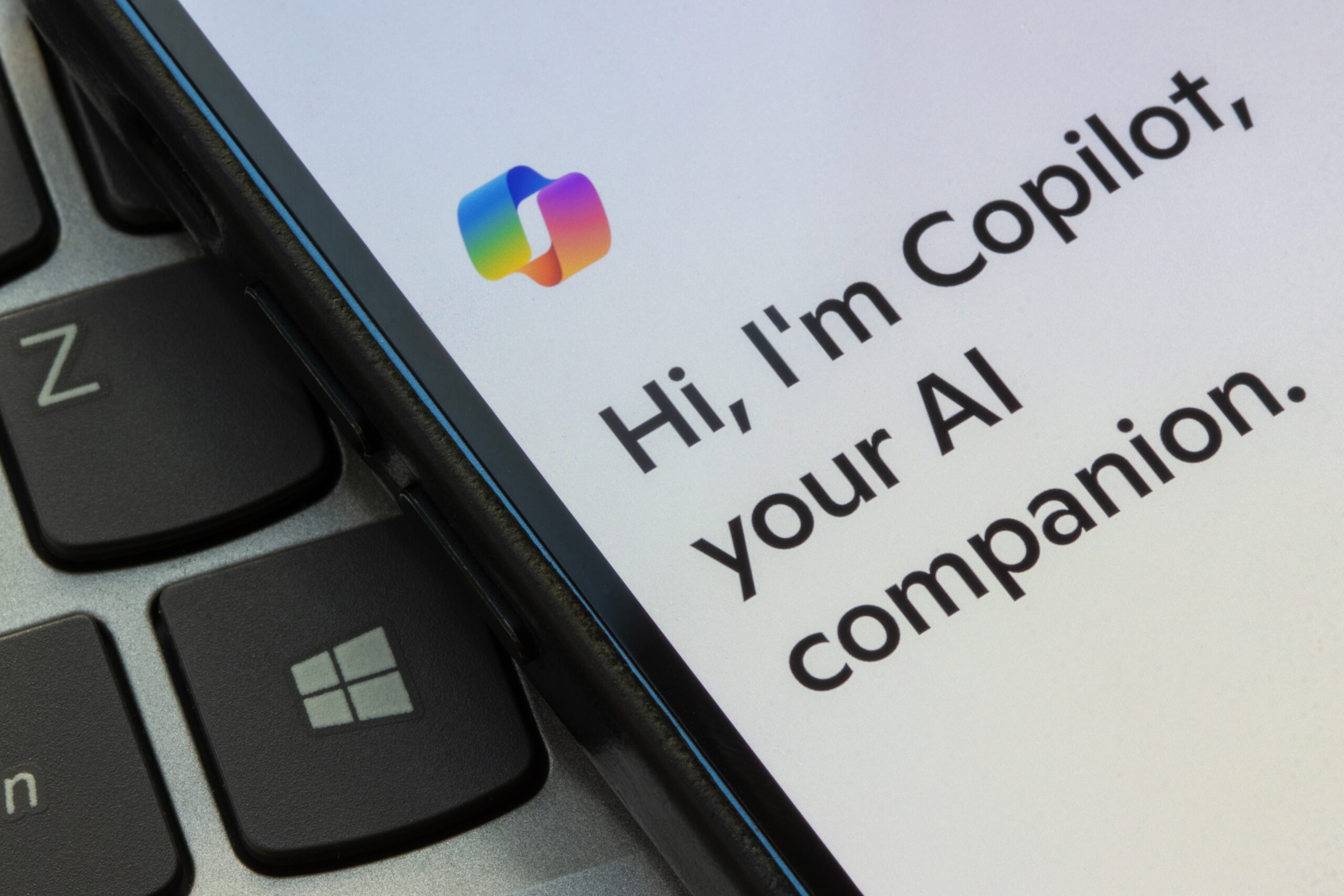In today’s world, more and more companies are focusing on reducing their carbon footprint as part of a broader strategy for sustainability and environmental protection. Digitalization and automation of processes are key tools that significantly contribute to this goal.
Microsoft’s Power Apps platform allows companies to quickly and efficiently create applications that digitalize internal processes. This tool provides businesses with flexibility and speed in implementing solutions tailored to their specific needs. Digitalizing processes leads to a significant reduction in the consumption of paper and other materials, promoting a more sustainable operation. For example, the DRS (Digital Reception System) application implemented by Evenaut’s customers averages 2,500 visitors per year, which, based on specific process settings, leads to an average saving of more than 7,500 sheets of paper. Additionally, it eliminates costs associated with printing and storing these documents, which would have to be kept for several years for record-keeping purposes. This simplification of the entire process for users not only saves time but also reduces the carbon footprint.

Automation of processes through Power Apps minimizes human error and increases efficiency. Automated systems can quickly respond to changes and optimize operational activities, reducing energy consumption. For example, Evenaut’s Gemba application enables companies to effectively monitor and manage safety and operational processes in real time, which not only increases workplace safety but also contributes to the optimization of energy and material flows, thus reducing the overall carbon footprint.
The ability to monitor and analyze emissions in real-time is another significant benefit of digitalization. Companies can use the data to identify areas for further improvement and optimization. This includes not only monitoring the energy consumption of individual processes but also optimizing material use, reducing waste, and increasing overall operational efficiency. According to research, if digital technologies were deployed across industrial sectors, global emissions could be reduced by up to 20% by 2050. In sectors such as energy, materials, and mobility, digitalization and new technologies can achieve emissions reductions of 4-10% by 2030 (MIT Technology Review) (World Economic Forum).
- Optimizing efficiency and reducing emissions. Digitalization is essential for optimizing efficiency and reducing energy and waste. Companies can achieve significant emission reductions through digital technologies. For example, technologies like artificial intelligence and machine learning can improve energy efficiency and optimize material usage, leading to significant emission reductions in industrial sectors.
- Circular economy. The majority of survey participants (54%) indicated that achieving a circular economy is their primary environmental sustainability goal. This approach minimizes waste by reducing consumption, increasing efficiency, and recapturing resources and energy, contributing to more sustainable operations.
- Partnership with technology experts. The most frequently cited approach to adopting new digital technologies is through partnerships with technology vendors (31%). Collaboration with technology experts allows companies to quickly implement innovative solutions that support their decarbonization goals.
- Challenges and obstacles. Cybersecurity is considered the biggest external obstacle to digital transformation (58%). Some sectors, such as construction, are more cautious about adopting new technologies, while others, such as mining and metals processing, are more open to experimenting with digital innovations.
Currently, digitalization and automation are not just technological trends but essential steps for companies that want to remain competitive and sustainable. Evenaut specializes in providing top-notch solutions that enable digitalization and automation of processes, from individual tasks to complete workflows. With these solutions, companies can not only contribute to environmental protection but also streamline their operational processes, reduce costs, and increase their competitiveness in the market.

Applications like DRS and Gemba demonstrate how modern technologies can achieve significant savings and improvements. Implementing these applications not only brings measurable ecological benefits but also significantly simplifies administrative and operational processes. This way, companies can easily transition to a more sustainable and efficient business model, benefiting all stakeholders involved.
Digitalization and automation are indispensable tools for companies striving to reduce their carbon footprint and improve efficiency. With platforms like Power Apps and expert solutions from Evenaut, businesses can effectively implement innovative technologies that contribute to their ecological goals and optimize operational processes. This way, companies not only help the planet but also strengthen their market position, which is advantageous for all stakeholders. Evenaut is ready to assist on the path to a more sustainable future, bringing both ecological and economic benefits.






